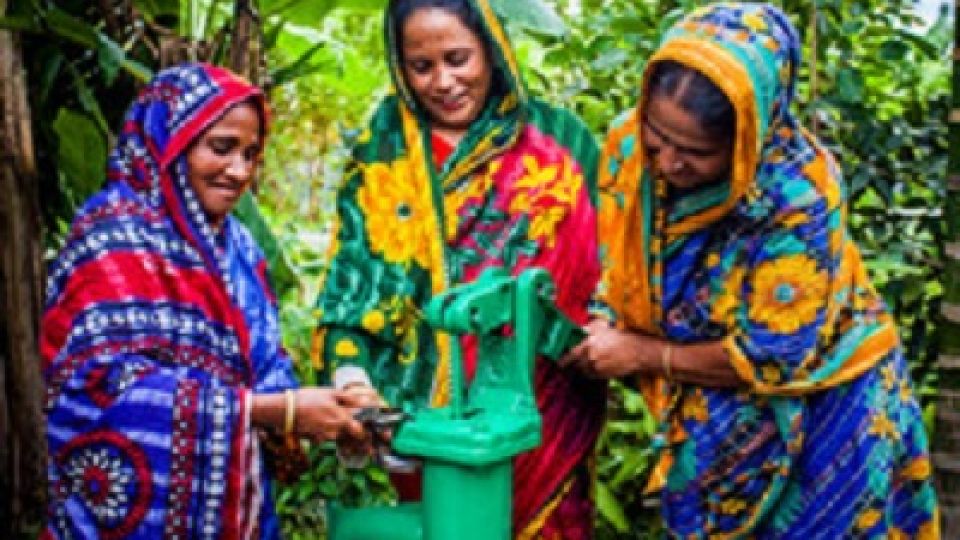from HASSAN ONYANGO in Kampala, Uganda
Uganda Bureau
KAMPALA, (CAJ News) – UGANDAN migrant workers sending money home will do so at a reduced cost by using Flexipay, a digital payments platform.
This follows a partnership between the United Nations’ International Fund for Agricultural Development (IFAD) and Stanbic Bank Uganda.
The partnership will also provide remittance recipients, especially in rural areas, with digital and financial training to promote the savings culture and foster digital finance uptake among these communities.
It follows the realization that the average cost of sending money back home for Uganda’s migrant workers is 11,3 percent higher than the global average of 6,25 percent and African standards at 8,35 percent, around triple than the Sustainable Development Goal (SDG) target of 3 percent.
Sam Mwogeza, Stanbic Bank Uganda’s Executive Head for Personal and Private Banking (PPB), said FlexiPay had a simplified onboarding process that facilitates unbanked and underbanked clients’ uptake.
The wallet allows its users to store and transfer money, pay bills, top up airtime and transact through a feature phone as well as a smartphone.
“We are delighted to extend affordable international remittances in partnership with IFAD through Flexipay and reach rural remittance recipients,” Mwogeza said.
IFAD’s partnership with Stanbic Bank means that Ugandans abroad will pay a transaction fee within the SDG target when sending money to the recipients’ FlexiPay wallet.
Initially, two of the most relevant remittance corridors are targeted, from Kenya to Uganda, and from Sweden to Uganda.
“Thanks to IFAD’s financial support, Stanbic Bank Uganda is now able to overcome market barriers and play a crucial role in meeting the needs of remittance families through its FlexiPay e-wallet,” said Mohamed El-Ghazaly, IFAD representative and director in Uganda.
Uganda ranks in the top ten sub-Saharan Africa remittance recipient countries.
In 2022, international remittance flows to Uganda reached US$1,2 billion, close to the pre-COVID values ($1,4 billion in 2019), mostly coming from Europe, Middle East and the United States.
These flows represent around 3 percent of the country’s yearly gross domestic product (GDP) for the past decade.
– CAJ News

